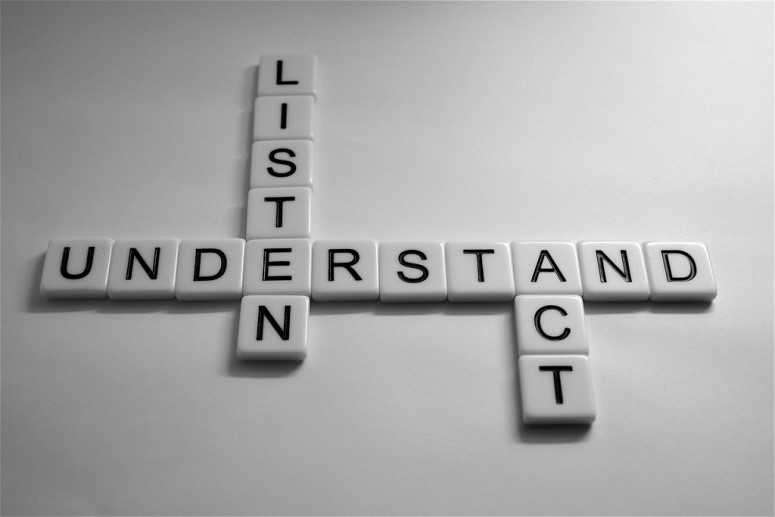A PHP Error was encountered
Severity: Warning
Message: Undefined array key "HTTP_REFERER"
Filename: science/science_article_popup_while_leaving.php
Line Number: 19
Backtrace:
File: /var/www/olympiadsuccess.com/square-portal/application/views/science/science_article_popup_while_leaving.php
Line: 19
Function: _error_handler
File: /var/www/olympiadsuccess.com/square-portal/application/views/science/article.php
Line: 2
Function: view
File: /var/www/olympiadsuccess.com/square-portal/application/views/templates/science_template.php
Line: 2
Function: view
File: /var/www/olympiadsuccess.com/square-portal/application/core/MY_Controller.php
Line: 137
Function: view
File: /var/www/olympiadsuccess.com/square-portal/application/controllers/Science.php
Line: 311
Function: _render_page
File: /var/www/olympiadsuccess.com/square-portal/index.php
Line: 198
Function: require_once
A PHP Error was encountered
Severity: Warning
Message: Undefined array key "HTTP_REFERER"
Filename: science/science_article_popup_while_leaving.php
Line Number: 19
Backtrace:
File: /var/www/olympiadsuccess.com/square-portal/application/views/science/science_article_popup_while_leaving.php
Line: 19
Function: _error_handler
File: /var/www/olympiadsuccess.com/square-portal/application/views/science/article.php
Line: 2
Function: view
File: /var/www/olympiadsuccess.com/square-portal/application/views/templates/science_template.php
Line: 2
Function: view
File: /var/www/olympiadsuccess.com/square-portal/application/core/MY_Controller.php
Line: 137
Function: view
File: /var/www/olympiadsuccess.com/square-portal/application/controllers/Science.php
Line: 311
Function: _render_page
File: /var/www/olympiadsuccess.com/square-portal/index.php
Line: 198
Function: require_once
A PHP Error was encountered
Severity: Warning
Message: Undefined array key "HTTP_REFERER"
Filename: science/science_article_popup_while_leaving.php
Line Number: 19
Backtrace:
File: /var/www/olympiadsuccess.com/square-portal/application/views/science/science_article_popup_while_leaving.php
Line: 19
Function: _error_handler
File: /var/www/olympiadsuccess.com/square-portal/application/views/science/article.php
Line: 2
Function: view
File: /var/www/olympiadsuccess.com/square-portal/application/views/templates/science_template.php
Line: 2
Function: view
File: /var/www/olympiadsuccess.com/square-portal/application/core/MY_Controller.php
Line: 137
Function: view
File: /var/www/olympiadsuccess.com/square-portal/application/controllers/Science.php
Line: 311
Function: _render_page
File: /var/www/olympiadsuccess.com/square-portal/index.php
Line: 198
Function: require_once
A PHP Error was encountered
Severity: Warning
Message: Undefined array key "HTTP_REFERER"
Filename: science/science_article_popup_while_leaving.php
Line Number: 19
Backtrace:
File: /var/www/olympiadsuccess.com/square-portal/application/views/science/science_article_popup_while_leaving.php
Line: 19
Function: _error_handler
File: /var/www/olympiadsuccess.com/square-portal/application/views/science/article.php
Line: 2
Function: view
File: /var/www/olympiadsuccess.com/square-portal/application/views/templates/science_template.php
Line: 2
Function: view
File: /var/www/olympiadsuccess.com/square-portal/application/core/MY_Controller.php
Line: 137
Function: view
File: /var/www/olympiadsuccess.com/square-portal/application/controllers/Science.php
Line: 311
Function: _render_page
File: /var/www/olympiadsuccess.com/square-portal/index.php
Line: 198
Function: require_once
A PHP Error was encountered
Severity: Warning
Message: Undefined array key "HTTP_REFERER"
Filename: science/science_article_popup_while_leaving.php
Line Number: 19
Backtrace:
File: /var/www/olympiadsuccess.com/square-portal/application/views/science/science_article_popup_while_leaving.php
Line: 19
Function: _error_handler
File: /var/www/olympiadsuccess.com/square-portal/application/views/science/article.php
Line: 2
Function: view
File: /var/www/olympiadsuccess.com/square-portal/application/views/templates/science_template.php
Line: 2
Function: view
File: /var/www/olympiadsuccess.com/square-portal/application/core/MY_Controller.php
Line: 137
Function: view
File: /var/www/olympiadsuccess.com/square-portal/application/controllers/Science.php
Line: 311
Function: _render_page
File: /var/www/olympiadsuccess.com/square-portal/index.php
Line: 198
Function: require_once
A PHP Error was encountered
Severity: Warning
Message: Undefined array key "HTTP_REFERER"
Filename: science/science_article_popup_while_leaving.php
Line Number: 19
Backtrace:
File: /var/www/olympiadsuccess.com/square-portal/application/views/science/science_article_popup_while_leaving.php
Line: 19
Function: _error_handler
File: /var/www/olympiadsuccess.com/square-portal/application/views/science/article.php
Line: 2
Function: view
File: /var/www/olympiadsuccess.com/square-portal/application/views/templates/science_template.php
Line: 2
Function: view
File: /var/www/olympiadsuccess.com/square-portal/application/core/MY_Controller.php
Line: 137
Function: view
File: /var/www/olympiadsuccess.com/square-portal/application/controllers/Science.php
Line: 311
Function: _render_page
File: /var/www/olympiadsuccess.com/square-portal/index.php
Line: 198
Function: require_once
A PHP Error was encountered
Severity: Warning
Message: Undefined array key "HTTP_REFERER"
Filename: science/science_article_popup_while_leaving.php
Line Number: 19
Backtrace:
File: /var/www/olympiadsuccess.com/square-portal/application/views/science/science_article_popup_while_leaving.php
Line: 19
Function: _error_handler
File: /var/www/olympiadsuccess.com/square-portal/application/views/science/article.php
Line: 2
Function: view
File: /var/www/olympiadsuccess.com/square-portal/application/views/templates/science_template.php
Line: 2
Function: view
File: /var/www/olympiadsuccess.com/square-portal/application/core/MY_Controller.php
Line: 137
Function: view
File: /var/www/olympiadsuccess.com/square-portal/application/controllers/Science.php
Line: 311
Function: _render_page
File: /var/www/olympiadsuccess.com/square-portal/index.php
Line: 198
Function: require_once
A PHP Error was encountered
Severity: Warning
Message: Undefined array key "HTTP_REFERER"
Filename: science/science_article_popup_while_leaving.php
Line Number: 19
Backtrace:
File: /var/www/olympiadsuccess.com/square-portal/application/views/science/science_article_popup_while_leaving.php
Line: 19
Function: _error_handler
File: /var/www/olympiadsuccess.com/square-portal/application/views/science/article.php
Line: 2
Function: view
File: /var/www/olympiadsuccess.com/square-portal/application/views/templates/science_template.php
Line: 2
Function: view
File: /var/www/olympiadsuccess.com/square-portal/application/core/MY_Controller.php
Line: 137
Function: view
File: /var/www/olympiadsuccess.com/square-portal/application/controllers/Science.php
Line: 311
Function: _render_page
File: /var/www/olympiadsuccess.com/square-portal/index.php
Line: 198
Function: require_once


 A Crazy Chapter Of H..
A Crazy Chapter Of H..
 Climate Change Autum..
Climate Change Autum..
 Can Salt Water Quenc..
Can Salt Water Quenc..
 Going Deep In The Ma..
Going Deep In The Ma..
 Can Eating Too Much ..
Can Eating Too Much ..
 The Mystery Of Jesus..
The Mystery Of Jesus..
 The Arrow Of Time: A..
The Arrow Of Time: A..
 Reasons For Loving M..
Reasons For Loving M..




















Comments